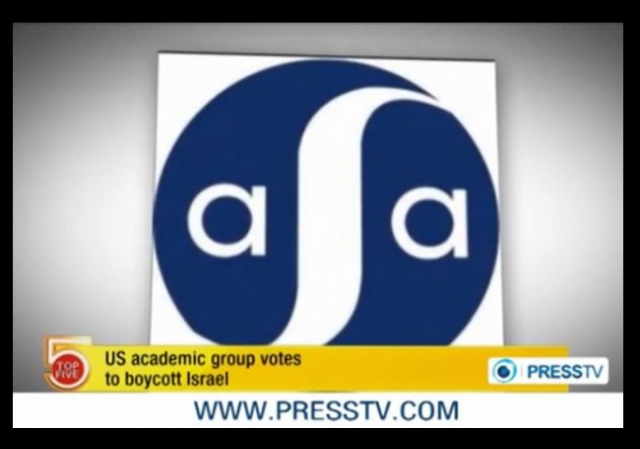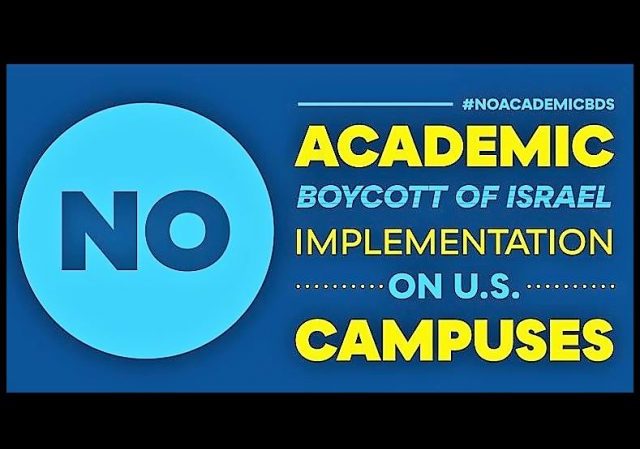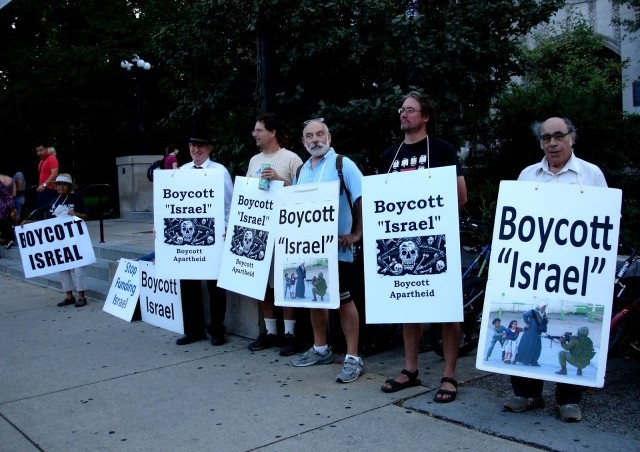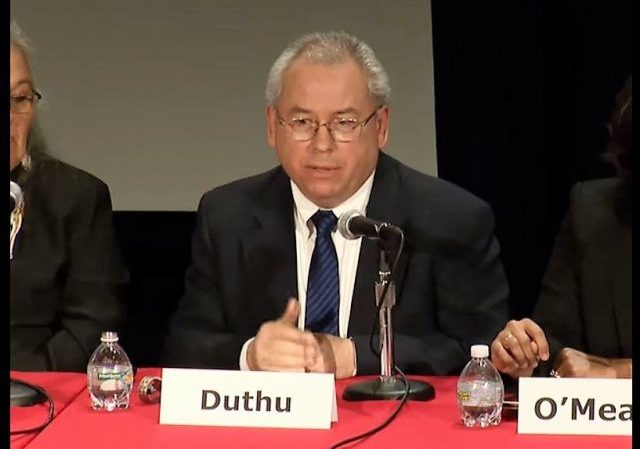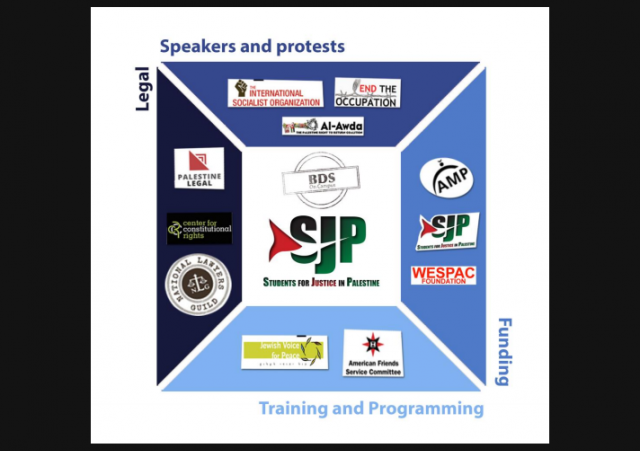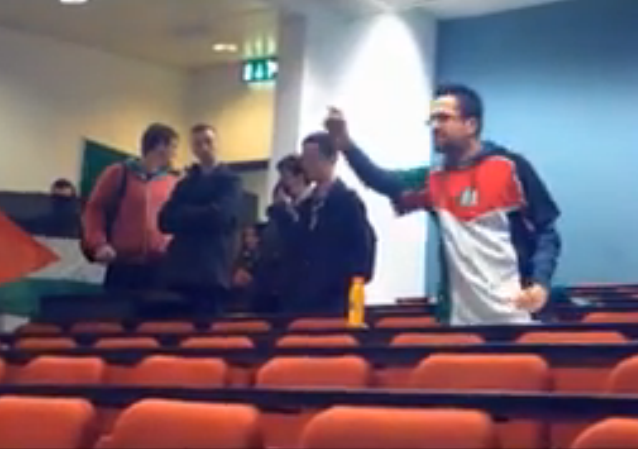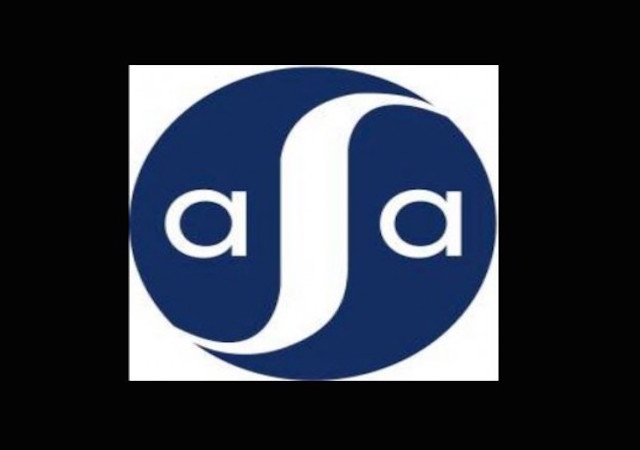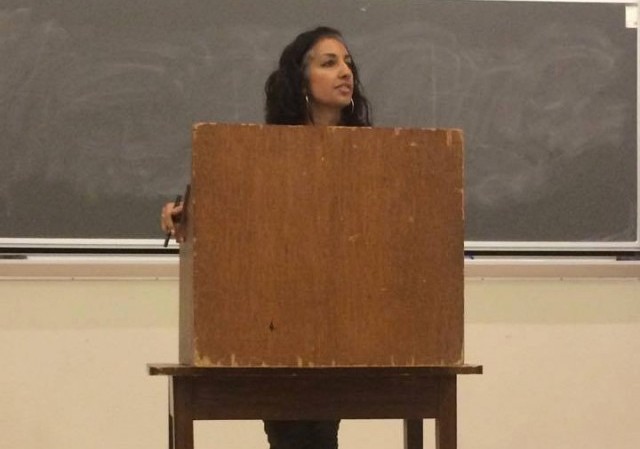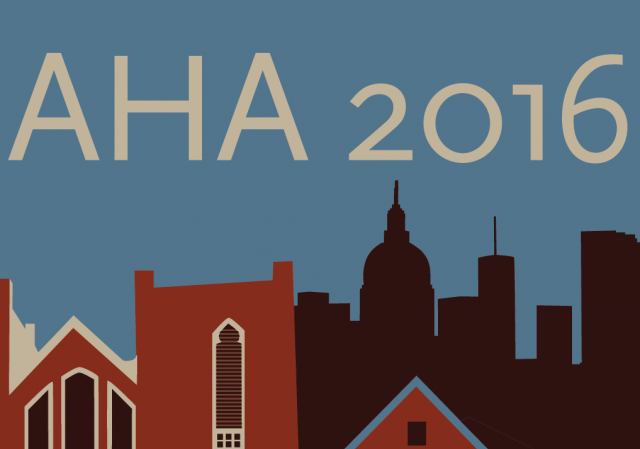Federal Judge: Plaintiffs suing American Studies Association over BDS “may have meritorious claims,” but must file in state court
on February 05, 2019
6 Comments
In December 2013, the American Studies Association (ASA) became the first, and so far the only, major American academic association to adopt the academic boycott of Israel, part of the Boycott, Divestment and Sanctions (BDS).
As I have documented, the BDS movement is a continuation of the anti-Jewish boycotts of the 1920s and 1930s in the then British Mandate for Palestine, the Arab League boycott of Jewish businesses (even prior to Israel's independence) and later of Israel, and the gross antisemitic activism at the 2001 Tehran and Durban conferences which launched boycotts in the current form.

